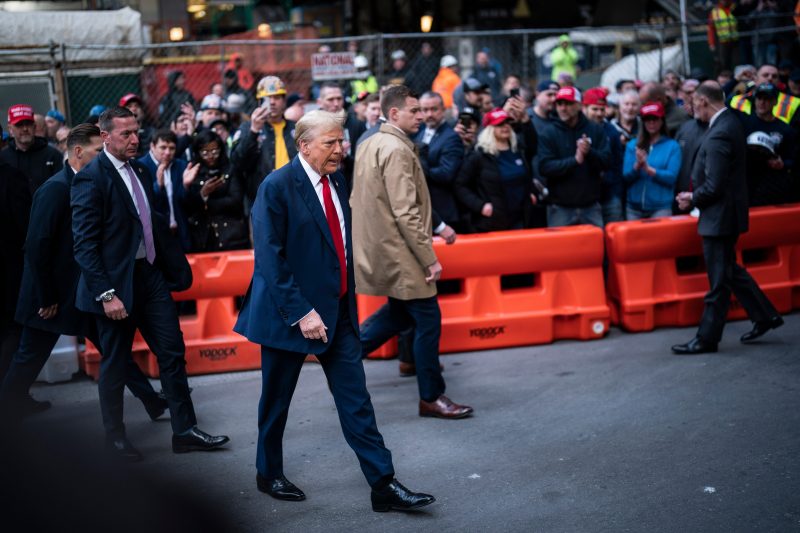In early January, the political landscape shook once more as President Donald J. Trump found himself on trial before Congress, facing a mixture of personal anguish, political defiance, and a loss of control. The impeachment proceedings against Trump stemmed from the events of January 6th, when a violent mob of his supporters stormed the Capitol, resulting in widespread chaos and five people losing their lives.
At the core of Trump’s defense was a strategy that blended refusal to accept the validity of the results of the 2020 election with a deeply personal sense of betrayal and victimhood. Throughout the trial, Trump continued to perpetuate baseless claims of election fraud, creating a narrative of a stolen victory that justified his actions and fueled the rage of his most ardent supporters.
This reliance on tangled web of conspiracy theories and misinformation demonstrated a willingness to prioritize personal grievances over the greater good of the nation. By refusing to acknowledge the role his own words and actions played in inciting the violent insurrection at the Capitol, Trump positioned himself as a martyr figure, standing against a political establishment he viewed as corrupt and hostile.
However, this defiance also underscored a loss of control on Trump’s part. As the impeachment trial progressed, it became increasingly apparent that the once dominant force in American politics was now reduced to a reactive player, fighting against forces that sought to hold him accountable for his actions. Trump’s furor and frustration in the face of a possible conviction illustrated a man scrambling to retain his grip on power, even as it slipped further and further from his grasp.
The trial also highlighted the deep divisions within the Republican Party, with many GOP lawmakers torn between loyalty to Trump and their allegiance to the Constitution. While some chose to stand by the former president, others, including ten House Republicans who voted in favor of impeachment, signaled a willingness to break ranks and prioritize principle over party.
In the end, the trial was a stark reminder of the fragility of democracy and the importance of holding those in power accountable for their actions. As the nation grapples with the aftermath of the Capitol insurrection and the ongoing challenges of political polarization, the trial of Donald Trump serves as a cautionary tale of the consequences of unchecked power and the dangerous allure of populist demagoguery.
Despite the impeachment trial ending in acquittal for Trump, the reverberations of his actions continue to be felt across the country. Moving forward, it is essential that Americans remain vigilant in defending the principles of democracy and upholding the rule of law, lest the personal anguish, political defiance, and loss of control witnessed during Trump’s trial become the new normal in American politics.

